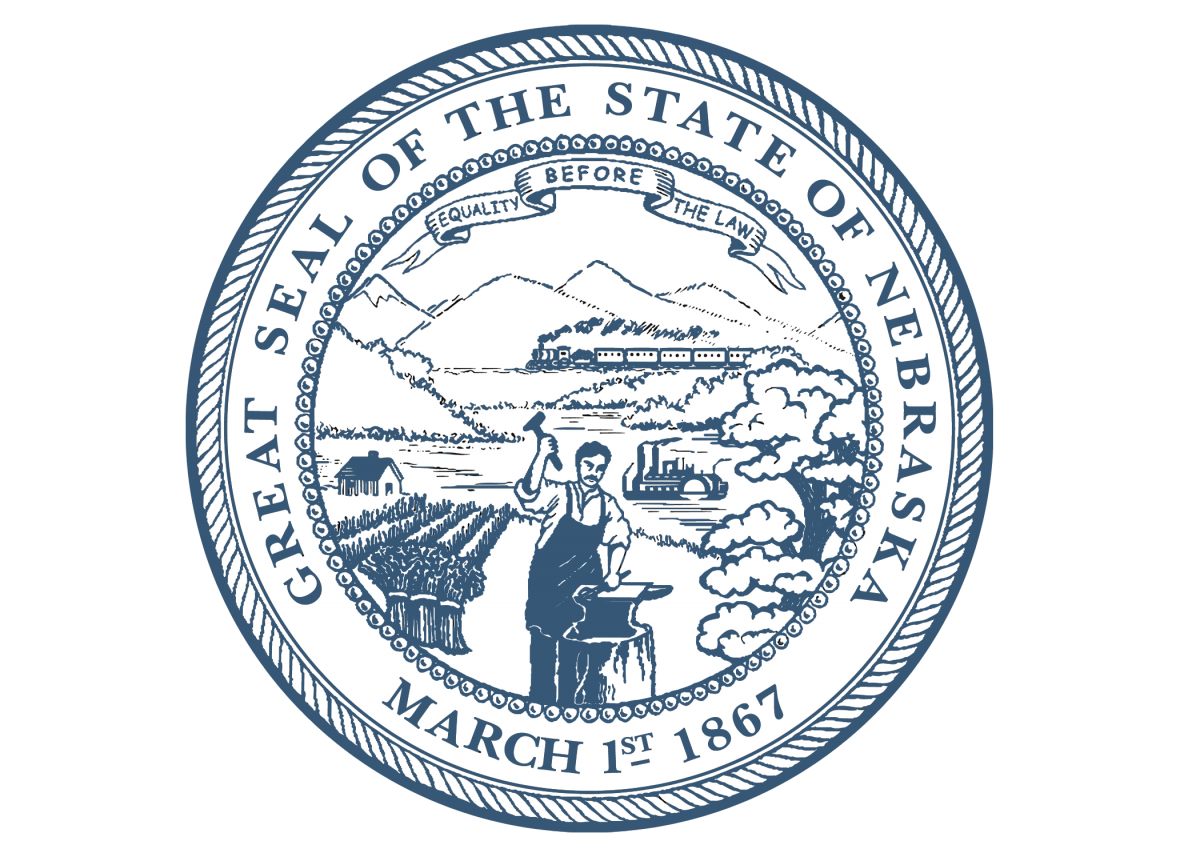Scammers sometimes pretend to be government officials to get you to send them money. They might promise lottery winnings if you pay “taxes” or other fees, or they might threaten you with arrest or a lawsuit if you don’t pay a supposed debt. Regardless of their tactics, their goal is the same: to get you to send them money or obtain your personal information.

Recognize the warning signs: Government agencies and employees don’t ask people to send money for prizes or unpaid loans. Nor are they permitted to ask you to wire money or add money to a prepaid debit card to pay for anything.
It can be hard to recognize the signs of an imposter because of the lies they tell. They use a variety of tricks to get your attention, whether it’s distracting you with a story about money you won or creating a fear that you’ll be sued or arrested.
Don’t wire money. Scammers often pressure people into wiring money, or strongly suggest that people put money on a prepaid debit card and send it to them. Why? It’s like sending cash: once it’s gone, you can’t trace it or get it back. Never deposit a “winnings” check and wire money back, either. The check is a fake, no matter how good it looks, and you will owe the bank any money you withdraw. Don’t share your account information, or send a check or money order using an overnight delivery or courier service. Con artists recommend these services so they can get your money before you realize you’ve been cheated.
Don’t pay for a prize. If you enter and win a legitimate sweepstakes, you don’t have to pay insurance, taxes, or shipping charges to collect your prize. If you have to pay, it’s not a prize.
Don’t give the caller your financial or other personal information. Never give out or confirm financial or other sensitive information, including your bank account, credit card, or Social Security number unless you know the exact identity of the caller. Con artists, like fake debt collectors, can use your information to commit identity theft — charging your existing credit cards, opening new credit cards, checking, or savings accounts, writing fraudulent checks, or taking out loans in your name.
Don’t trust a name or number. Con artists use official-sounding names to make you trust them. No legitimate government official will ask you to send money to collect a prize, and they won’t call to collect your debt. To make their call seem legitimate, scammers also use internet technology to disguise their area code. So, even though it may look like they’re calling from a city in Nebraska, they could be calling from anywhere in the world.

